Global Recycling Trends for 2026
19 Kasım 2025As we approach 2026, significant changes in recycling are expected worldwide. Advances in technology, policy, public awareness, and sustainable production are set to make waste management more efficient and effective.
This article examines the global recycling trends expected in 2026 and their environmental, economic, and social impacts, as well as their implications for cities and industries.
- Smart Waste Management and IoT Integration
By 2026, cities are expected to widely adopt smart waste management systems. IoT sensors and data analytics will allow real-time monitoring of container fill levels and optimize collection routes.
This approach is predicted to reduce carbon emissions, improve resource efficiency, and increase recycling rates. Cities in Europe, Asia, and North America are expected to deploy smart sensors to streamline waste collection.
For example, Rotterdam in the Netherlands is piloting smart bins that will direct collection trucks based on fill levels, reducing fuel consumption and traffic congestion. Similar systems are expected to expand in New York and San Francisco.
- Rise of Biodegradable and Compostable Materials
By 2026, consumers are expected to increasingly choose biodegradable and compostable products. Single-use plastics are likely to be replaced by materials that decompose quickly and can be used for energy production.
Regulations in the EU, USA, and Japan are expected to accelerate this trend and support waste-to-energy initiatives. For instance, EU targets suggest biodegradable packaging usage could exceed 35% by 2026.
In addition, organic waste combined with compostable packaging in restaurants and supermarkets is expected to facilitate energy recovery while reducing urban waste accumulation.
- Circular Economy and Industry 5.0 Approach
By 2026, global production is expected to be shaped by Industry 5.0, which combines human creativity with advanced technologies for more sustainable and flexible manufacturing. AI-assisted systems will enable recycled materials to be used effectively in design and production.
Sectors such as textiles, packaging, and construction are predicted to integrate recycled materials into their core production processes, reducing carbon footprints. The circular economy is expected to expand further as recycled materials become integral to new product design.
- Innovations in Plastic Waste Management
By 2026, enzymatic recycling, chemical recycling, and advanced recovery techniques are expected to become more widespread.
These innovations are predicted to make plastic waste reusable and reduce environmental pollution. Countries like South Korea, Germany, and the Netherlands are expected to integrate these methods with energy recovery.
Chemical recycling will allow even contaminated plastics to be transformed back into raw materials, increasing recycling efficiency and enhancing waste-to-energy production.
- Energy Production and Waste Integration
By 2026, cities are expected to increase renewable energy production from household and organic waste. Biogas plants and integrated energy systems will allow waste-derived energy to contribute to electricity and heating needs.
The USA, China, and EU countries are expected to strategically incorporate waste-to-energy solutions into urban planning. For instance, Frankfurt, Germany plans to increase its organic waste energy capacity by 25% by 2026.
This integration will reduce carbon emissions and support sustainable urban energy models.
- Blockchain and Transparent Traceability
By 2026, blockchain-based tracking systems are expected to be used in recycling processes. The journey from waste source to reusable material or energy will be transparent and verifiable.
This will allow companies and consumers to trust recycling data and participate more actively. Canada and Sweden are expected to pilot blockchain recycling projects.
Blockchain will also enhance global recycling supply chains by tracking material flows between cities, improving efficiency.
- Consumer Engagement and Social Awareness
By 2026, individual participation in recycling is expected to rise. Smart apps and mobile platforms will allow users to track their waste separation and earn incentives.
This will foster environmental awareness and make recycling a natural part of daily life. The younger generation is expected to adopt sustainable living habits rapidly, generating global impact.
Social media campaigns and community initiatives will further increase recycling visibility and encourage systematic participation.
- Social Impact and Education Programs
By 2026, schools, communities, and NGOs are expected to expand programs that raise recycling awareness. This will instill sustainable living consciousness in children and young people, nurturing responsible future consumers.
Workshops and events will help make recycling a lifestyle, embedding environmental responsibility throughout society.
The Future of Global Recycling in 2026
By 2026, global recycling is expected to provide environmental, economic, and social benefits.
- Smart systems and IoT will optimize urban waste management
- Biodegradable materials and Industry 5.0 will enhance sustainable production
- Energy recovery and blockchain will increase efficiency and trust
- Social awareness and education will strengthen cultural adoption
These trends suggest that by 2026, recycling will become a lifestyle, economic asset, and strategic future vision worldwide.
References
- World Bank – What a Waste 2.0: A Global Snapshot of Solid Waste Management to 2050
https://www.worldbank.org/en/topic/urbandevelopment/brief/solid-waste-management - European Commission – Circular Economy Action Plan
https://ec.europa.eu/environment/circular-economy/ - UNEP – Global Waste Management Outlook
https://www.unep.org/resources/report/global-waste-management-outlook - McKinsey & Company – The Future of Circularity in Manufacturing
https://www.mckinsey.com/business-functions/sustainability/our-insights - International Energy Agency (IEA) – Waste-to-Energy Outlook
https://www.iea.org/reports/waste-to-energy - World Economic Forum – Circular Economy in 2026: Trends and Projections
https://www.weforum.org/reports/circular-economy





